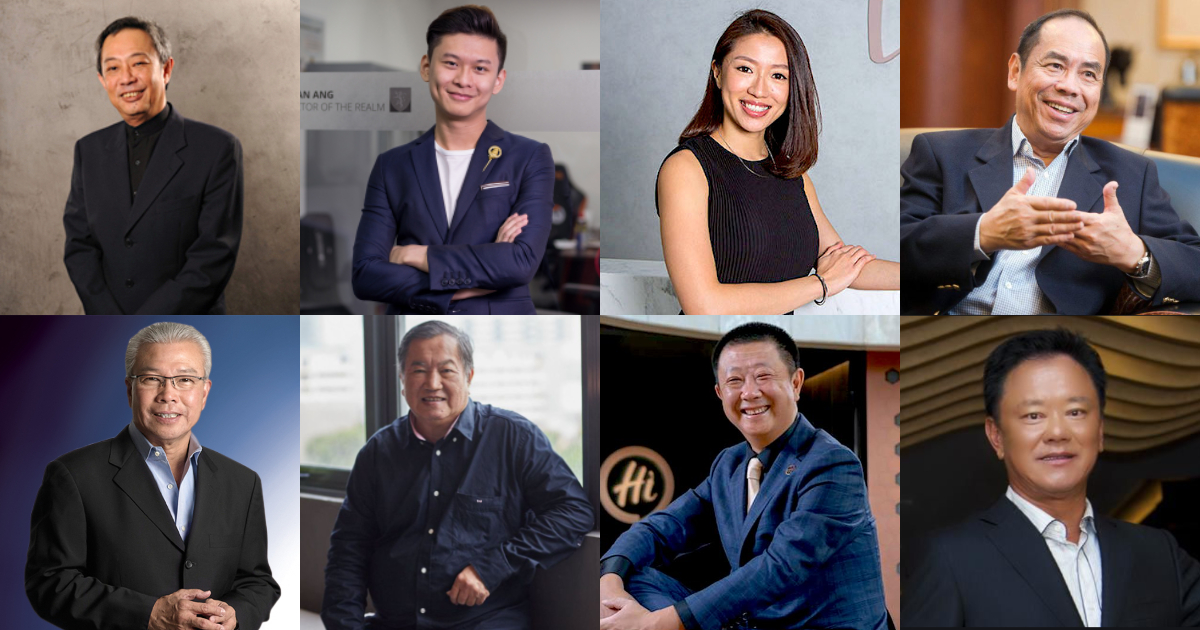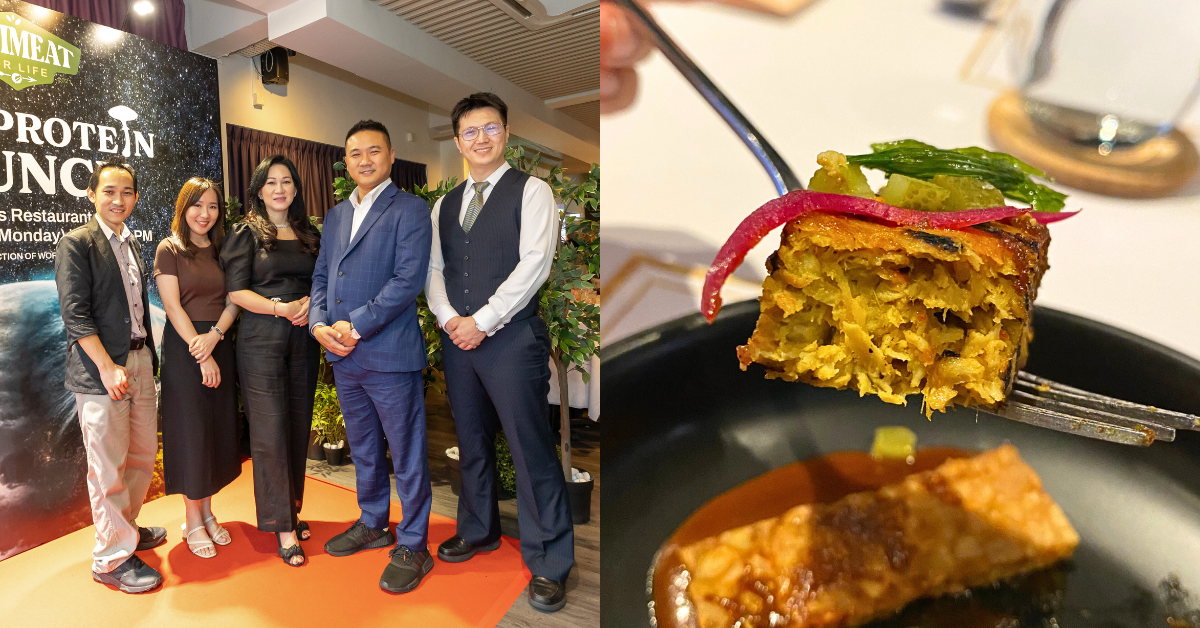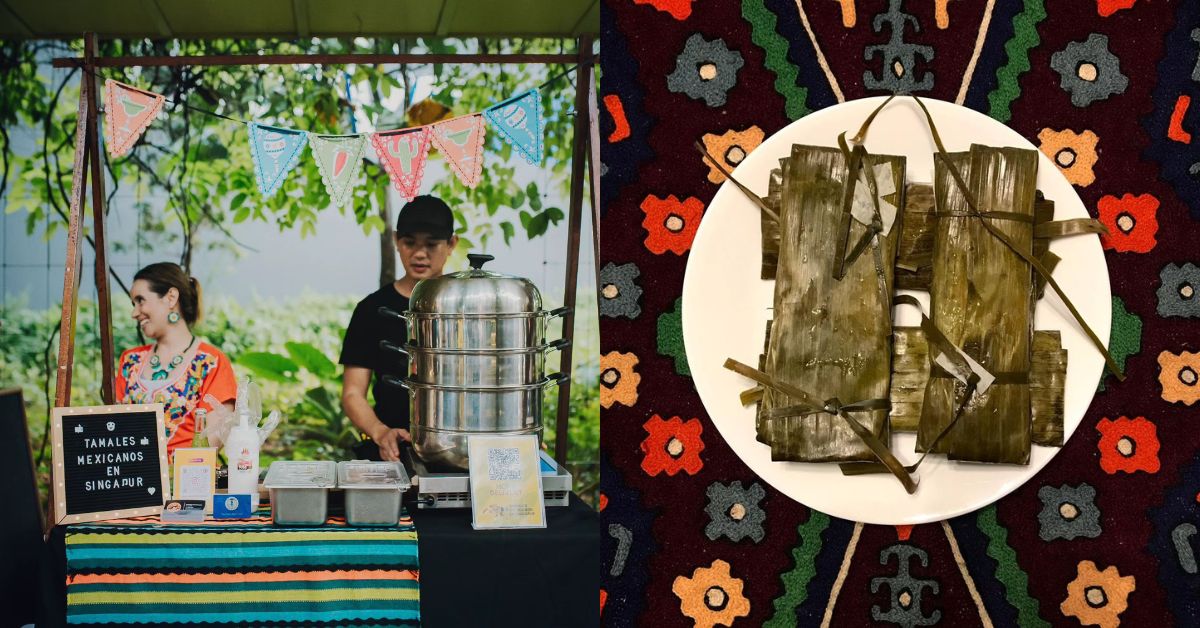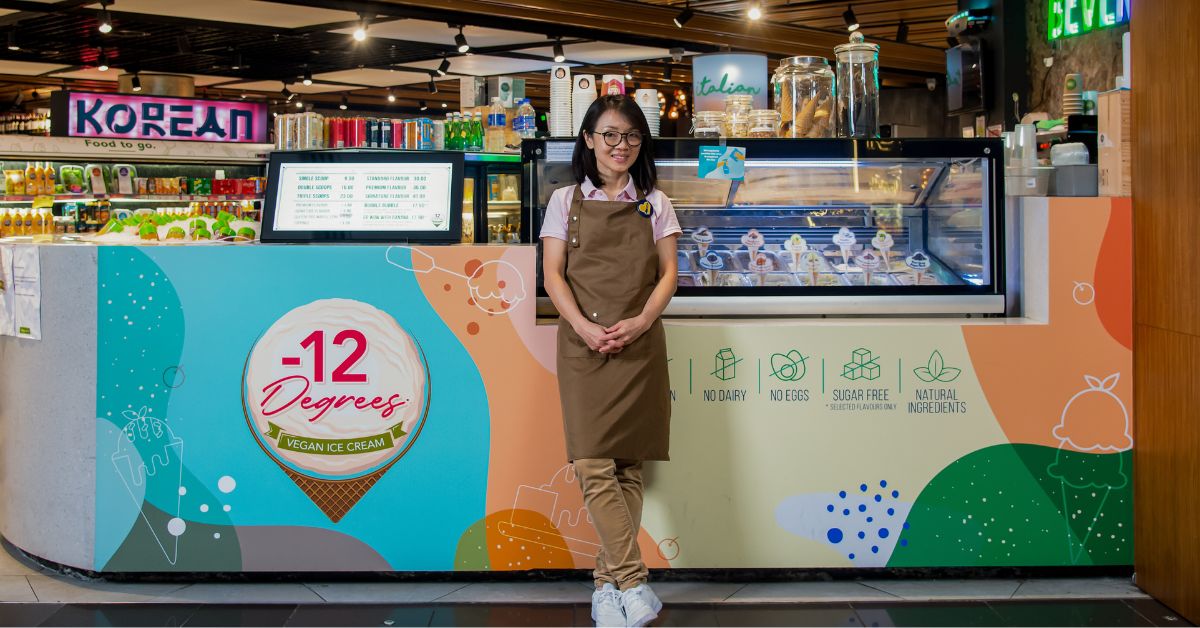The world’s most famous school dropouts have got to be Facebook founder Mark Zuckerberg and Microsoft founder Bill Gates.
Both Zuckerberg and Gates left Harvard during their undergraduate years to start their businesses, which have since made an indelible mark in the global tech industry.
However, they are not the only ones who did not take the academic route.
Here’s a look at eight Singaporean entrepreneurs who dropped out of school to subsequently embark on entrepreneurship.
Ian Ang – Secretlab
Gaming chair company Secretlab was born out of a love for gaming.
Ian Ang, its co-founder and CEO, set out to build the perfect chair for gamers when he was 22.
He played StarCraft II competitively and although he completed his primary, secondary school and tertiary education, he professed that he “wasn’t a good student”.

After National Service, he enrolled in an Infosys business degree course while working in business development at gaming PC startup Aftershock.
One day, he was decorating his room and putting together his gaming setup when he realised that the only thing he was missing was the chair. With that, he decided to create his own gaming chair.
He dropped out of his course in 2015, soon after Secretlab’s launch.
Since then, the startup has sold more than one million chairs and the business is now worth S$300 million.
Earlier this month, he was named Singapore’s EY Entrepreneur Of The Year by professional services organisation EY, beating more experienced businessmen.
Zhang Yong – Haidilao
Born in 1969 in a rural province in Sichuan, China, Zhang Yong is a high school dropout.
The billionaire used to work as a welder in a government-run tractor factory and only dined at his first restaurant when he was 19.
However, he was disappointed by the lacklustre customer service and unimpressive food.

As a result, he decided to launch a four-table restaurant called Haidilao in 1994, providing customers with free services like manicures and snack platters.
It soon grew to be the largest hotpot restaurant in town and began expanding rapidly. It opened branches in countries like Singapore, Taiwan, South Korea, the United States, Japan and Hong Kong.
Zhang Yong and his wife, who is also his business partner, have a combined net worth of US$19 billion, making them the richest in Singapore according to Forbes’ Singapore’s Richest 2020 list.
Rachel Lim – Love, Bonito
Back in 2006, when the fashion e-commerce scene in Singapore was still in its infancy, Rachel Lim had partnered with sisters Viola and Velda Tan to set up a blogshop.
Called BonitoChico, they sold imported clothing to earn extra pocket money. The blogshop took off and they saw the opportunity to grow it.
At that time, Rachel was in her final year of university and it was tough juggling both school and work.

She knew that she would regret it if she missed the opportunity to grow the business so eight months before graduation, she dropped out of school to officially launch Love, Bonito in 2010.
She even borrowed a five-figure sum from her mum to break a bond.
Today, Love, Bonito is a multi-million dollar fashion powerhouse that has went on to open multiple physical stores in Singapore.
Sam Goi – Tee Yih Jia
In 1955, six-year-old Sam Goi arrived in Singapore on a small boat from Fujian, China.
He dropped out of school at 19 after Secondary 4 to help at his father’s grocery store.
Subsequently, he got into frozen foods when he set out to overhaul the underperforming food company, Tee Yih Jia, in 1977 with a combined S$450,000 loan from the bank and his father.
He bought over Tee Yih Jia, and transformed the company into a global player.

Tee Yih Jia started out in 1969 as a “small, semi-mechanised factory” producing spring roll pastry for the Singaporean market.
In three years, Sam re-engineered the business by automating its manufacturing processes and increased production from 3,200 popiah skins a day to 25,000.
He became known as the “Popiah King” for Tee Yih Jia’s famous frozen packaged popiah rolls.
Today, he is Singapore’s 18th richest with a net worth of US$2 billion.
Choo Chong Ngen – Hotel 81
Choo Chong Ngen is one of seven children, born to a carpenter and a housewife in 1952.
When he was 10, Choo began selling ice cream to earn his own pocket money. As his parents could not afford to send him to school, he later dropped out of school to become a fishmonger at 14 years old.
The following year, he worked at a textile company for his neighbour where he was paid only S$30 a month.
Unhappy with the meagre salary, the entrepreneur borrowed S$6 and invested S$50 his mother had given him into his own textile business.

By 21, he made his first foray into the real estate industry, buying a shophouse unit on a 10-year bank loan and renting it out for up to S$2,000 a month.
He reinvested his earnings and bought over 30 shop units by the time he was 30, each asset generating a consistent monthly rent.
Then, inspired by a stay in a cheap Tokyo hotel in 1991, Choo decided to set up his own chain of budget hotels.
This chain of budget hotels became the red light district’s infamous Hotel 81, incorporated under Worldwide Hotels group in 2018.
Today, the tycoon has a US$2.6 billion net worth as Singapore’s 14th richest man.
He has also donated generously to universities in Singapore because he did not have the opportunity to study when he was young.
Hoon Thing Leong – Kim San Leng
Hoon Thing Leong arrived in Singapore on a ship from Fuzhou, China, when he was just five years old.
His father had arrived about 20 years before him, and worked hard to save money and open Kim San Eating House in Hougang.

After completing primary school, Thing Leong enrolled in a secondary school, but dropped out before completing Secondary Two education.
He then started working at another coffee shop his father started in Jalan Besar as a kopi-boy.
It was tough and the work was arduous. His days started at five in the morning and ended late at night. After slogging for seven years as a coffee boy, he decided to strike it out on his own.
With some money borrowed from his father coupled with his own savings, he opened Jin Fa Coffee Shop at 23.
In 1990, he acquired the Bishan Kim San Leng at a whopping S$3.52 million, which is S$2 million more than the starting bid.
By that time, he had already taken over his father’s business and was also running 11 other coffee shops.
Since then, Kim San Leng has grown to become a household name and has at least 30 outlets in Singapore.
Chua Thian Poh – Ho Bee Land
Chua Thian Poh came from a family of 14 children. His mother was an immigrant from Fujian, China who came to Singapore after the second world war.
Chua was a high school dropout who made his first million at the age of 21 by making hooks and spikes for the logging industry.
Chua went on to found luxury property developer Ho Bee Land, known for building high-end condos in Sentosa.

Under his stewardship, Ho Bee Land has expanded its asset portfolio to include properties in cities such as London and Munich.
In 2020, he was ranked 34th on Forbes Singapore’s 50 Richest list with a net worth of US$1.2 billion.
Dennis Foo – St James Holdings
“Nightlife King” Dennis Foo has built and led some of Singapore’s most popular nightspots such as St James Power Station and Shanghai Dolly.
However, when he was an arts undergraduate, he dropped out of university to help pay off debts incurred by his mother’s goldsmith shop.
He sold insurance for a while and was also a director of a factory that built filing cabinets.

In 1979, his father passed away from cancer. Before his passing, he asked Dennis to take care of his restaurant business in Changi Village which was started in 1979.
Dennis was already working at Europa as the cashier and bartender. When he took over Europa from his father, he turned it into a lounge.
By the mid-90s, Europa Group was the biggest pub and bar chain in Singapore with over 10 popular nightspots.
However, after a series of lawsuits over ownership and various share deals, Dennis was scarred. His wife encouraged him to work towards “building an even bigger Europa” instead.
This spurred him to start Devil’s Bar, and later St James Power Station in 2006 under a joint venture with local retailer F J Benjamin.
He retired as CEO of St James Holdings after a $1.56-billion reverse takeover deal with property developer Perennial Real Estate Holdings.
Entrepreneurship Requires Sacrifices
Entrepreneurship may come at a young age for enterprising youth who have an inclination to start their own business early on.
In a grade-obsessed nation, dropping out of school is seen as a deplorable thing to do.
Therefore, many entrepreneurs resported to balancing between school and working on their business.
Often, either one has to make way for the other. After all, it’s all about trade-offs and sacrifices.
However, we are not by any means suggesting that one should quit their studies to start a business.
Studying can happen at any time and any age, but a rare business opportunity does not come twice so when the chance comes, it is best to seize it.
Featured Image Credit: Dennis Foo / The Edge Singapore / Ladyboss Asia / Forbes / Prestige Online / Skillsfuture / LinkedIn








